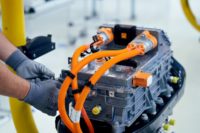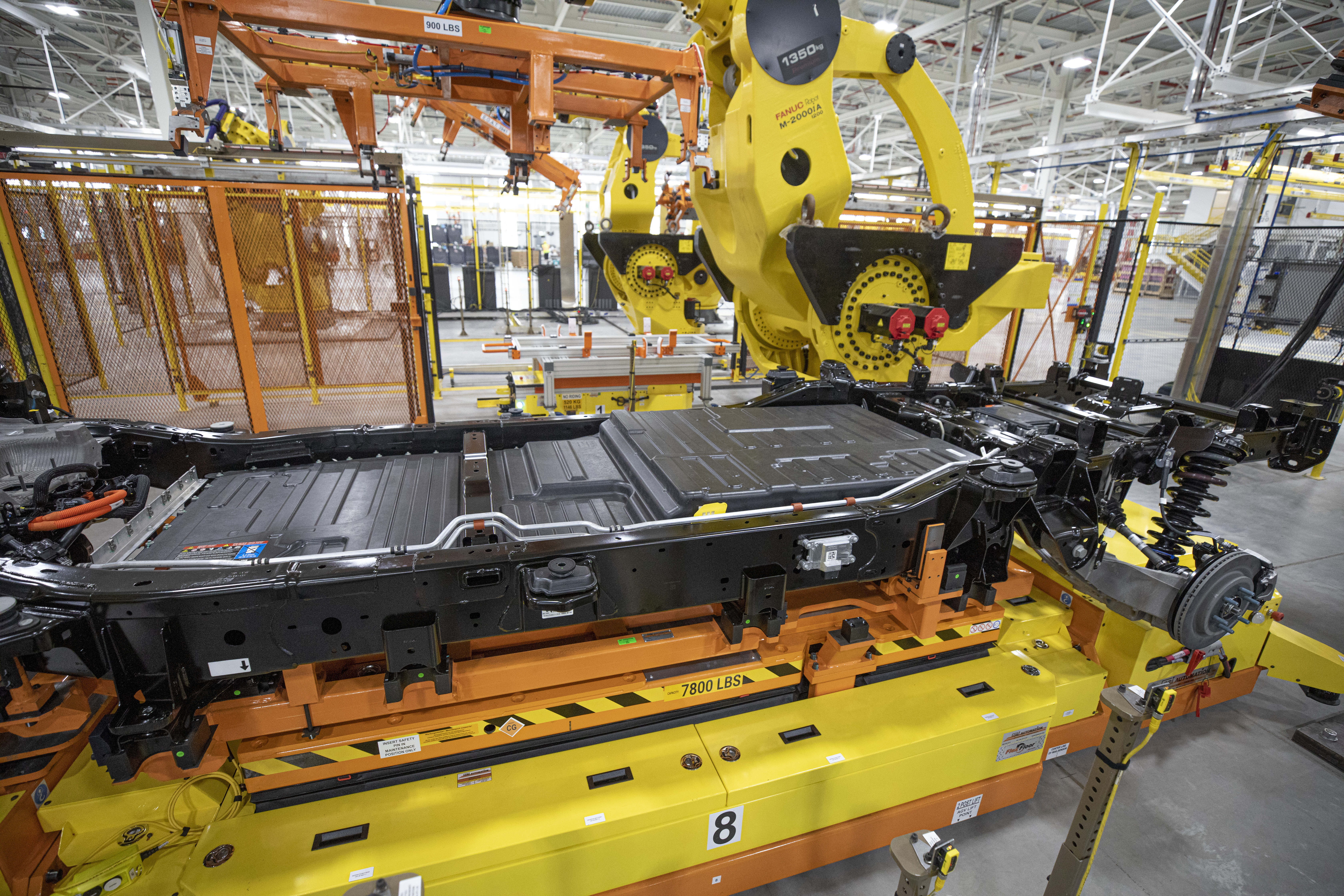DEARBORN, MI—Ford Motor Co. plans to invest $29 billion to develop and produce autonomous and electric vehicles during the next five years.
“The transformation of Ford is happening and so is our leadership of the EV revolution and development of autonomous driving,” says Jim Farley, president and CEO of Ford. “We’re now allocating capital and tremendous talent to these two areas, and bringing customers high-volume, connected electric SUVs, commercial vans and pickup trucks.”
According to Farley, Ford will invest at least $22 billion in electrification through 2025, nearly twice what the company had previously committed to EVs. He claims that the automaker is “all in and will not cede ground to anyone” in developing and delivering connected electric vehicles and services in mainstream areas of strength for Ford: pickups, commercial vans and SUVs.
“We are accelerating all our plans—breaking constraints, increasing battery capacity, improving costs and getting more electric vehicles into our product cycle plan,” Farley points out.
“The Mustang Mach-E is receiving great customer and critical reviews, and will be followed by the first E-Transit commercial van (late 2021) and an all-electric F-150 pickup (mid-2022),” says Farley. “EVs will be fundamental to the Lincoln luxury brand and the Transit commercial lineup, the latter across a variety of body styles and customized interiors.”
Ford’s development and delivery of connected vehicles will be enhanced by a new, six-year partnership with Google that was announced earlier this week. The two companies are establishing a collaborative group—Team Upshift—to unlock personalized consumer experiences, and create and make the most of data-driven opportunities.
As EVs become more important in Ford’s lineup, Farley says that dedicated manufacturing capacity will expand around the world. The company is currently assembling electric vehicles (or plans to soon ramp up production) at plants in Michigan (F-150), Missouri (E-Transit), Canada (SUVs), and China and Mexico (Mach-E).



